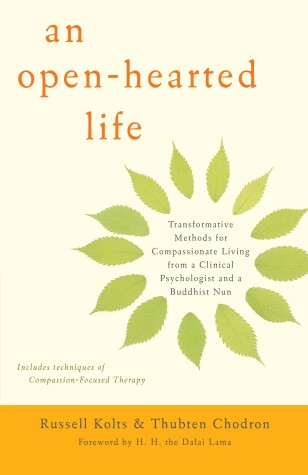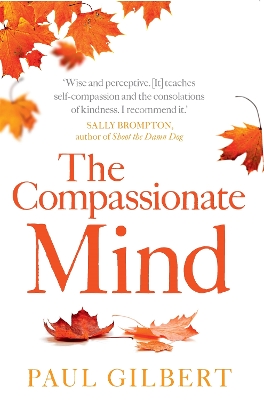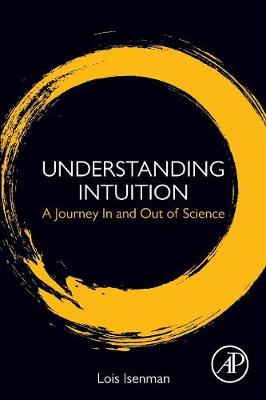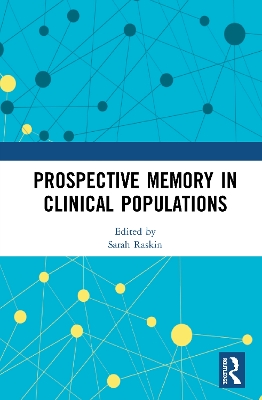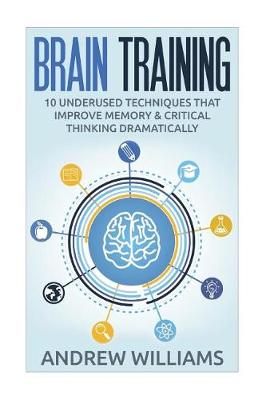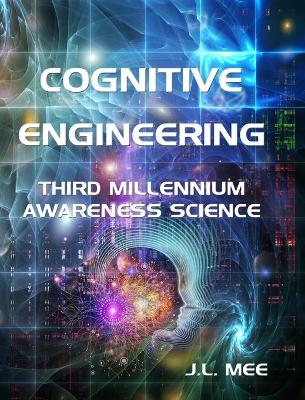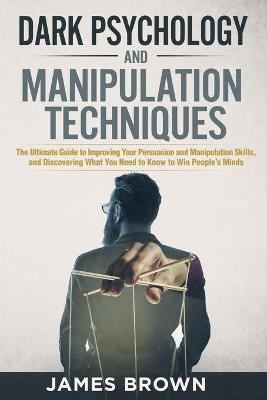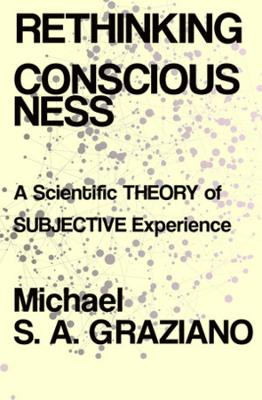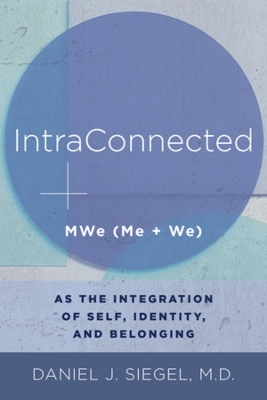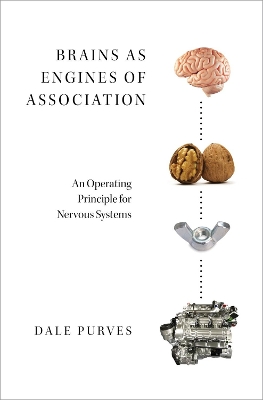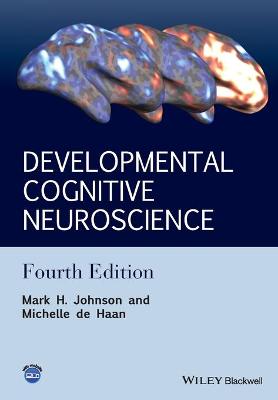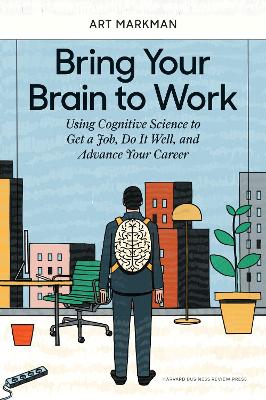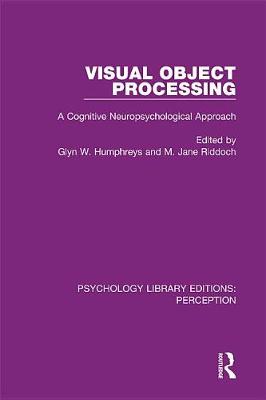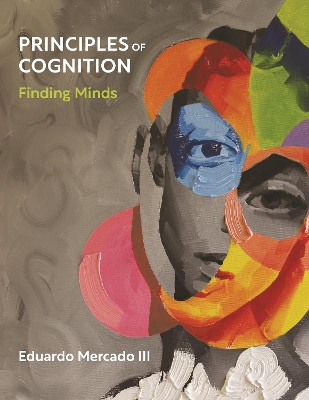A beloved Buddhist teacher and a psychologist specializing in Compassion-Focused Therapy (CFT) provide practical methods for living a life filled with compassion. A life overflowing with compassion. It sounds wonderful in theory, but how do you do it? This guide provides practical methods to living with this wonderful quality, based on traditional Buddhist teachings and on methods from modern psychology--particularly a technique called Compassion-Focused Therapy (CFT). The metho...
The Compassionate Mind (Compassion Focused Therapy)
by Prof Paul Gilbert
Throughout history people have sought to cope with a life that is often stressful and hard. We have actually known for some time that developing compassion for oneself and others can help us face up to and win through the hardship and find a sense of inner peace. However in modern societies we rarely focus on this key process that underpins successful coping and happiness and can be quick to dismiss the impact of modern living on our minds and well-being. Instead we concentrate on 'doing, achiev...
Understanding Intuition: A Journey In and Out of Science explores the biological and cognitive mechanisms that account for intuition, and examines the first-person experience. The book integrates both scientific and personal perspectives on this important yet elusive mental capacity. It uses specific encounters to illustrate that intuition is enhanced when we can attend to the subtle aspects of our inner experiences, such as bodily sensations, images, and differing kinds of intuitive evaluative...
Prospective Memory in Clinical Populations
Prospective memory has emerged as an important aspect of episodic memory. Prospective memory involves remembering to complete a previously formed intention. Successful prospective memory performance is important in daily life tasks such as taking medications or paying bills and has been related to compliance with treatment. Prospective memory has now been studied in many clinical populations as well as across the lifespan. Although prospective memory is recognized as an important aspect of dail...
Tracing evolution over millions of years, Michael Graziano shows how neurons first allowed animals to develop simple forms of attention: taking in messages from the environment, prioritising them and responding as necessary. Then covert attention evolved—a roving, mental focus separate from where the senses are pointed. To monitor and control covert attention, Graziano posits in his attention schema theory, the brain evolved a simplified model of it—a cartoonish self-description depicting an int...
Both a personal and general meditation on identity and belonging, Daniel J. Siegel’s book combines personal reflections with scientific discussions of how the mind, brain and our relationships shape who we are. Weaving the internal and external, the subjective and objective, IntraConnected reveals how our culture may give us a message of separation as a solo, isolated self, but a wider perspective unveils that who we are may be something more—broader than the brain, bigger even than the body—and...
Brains as Engines of Association tackles a fundamental question in neuroscience: what is the operating principle of the human brain? While a similar question has been asked and answered for virtually every other human organ during the last few centuries, how the brain operates has remained a central challenge in biology. Based on evidence derived from vision, audition, speech and music--much of it based on the author's own work over the last twenty years--Brains as Engines of Association argue...
Developmental Cognitive Neuroscience – An Introduction, 4e (Fundamentals of Cognitive Neuroscience)
by Mark H Johnson and Michelle de Haan
Developmental Cognitive Neuroscience, 4th Edition, is a revised and updated edition of the landmark text focusing on the development of brain and behaviour during infancy, childhood, and adolescence. * Offers a comprehensive introduction to all issues relating to the nature of brain-behaviour relationships and development * New or greatly expanded coverage of topics such as epigenetics and gene expression, cell migration and stem cells, sleep and learning/memory, socioeconomic status and develop...
To succeed at work, first you need to understand your own brain If you're in a job interview, how should you think about the mindset of the interviewer? If you've just been promoted, how do you handle the tensions of managing former peers? And what are the telltale mental signs that it's time to start planning your next career move? We know that psychology can teach us much about behaviors and challenges relevant to work, such as making better decisions, influencing people, and dealing with st...
Visual Object Processing (Psychology Library Editions: Perception, #15)
Originally published in 1987, this book, attempted to bring together work by researchers concerned with the functional and neurological mechanisms underlying visual object processing, and the ways in which such mechanisms can be neurologically impaired. The editors termed it a ‘Cognitive Neuropsychological’ approach, because they believed it tried to relate evidence from neurological impairments of visual object processing to models of normal performance in a new and important way. Two broad aim...
A comprehensive overview of what psychologists now know about the nature of cognitionPrinciples of Cognition provides students with an invaluable introduction to the modern science of cognition, blending invaluable insights from behavioral and neuroscientific studies of humans and other animals with unique examples, cutting-edge research summaries, and real-world applications. This accessible textbook builds on the legacy of psychologist William James by emphasizing not only the form cognition t...
